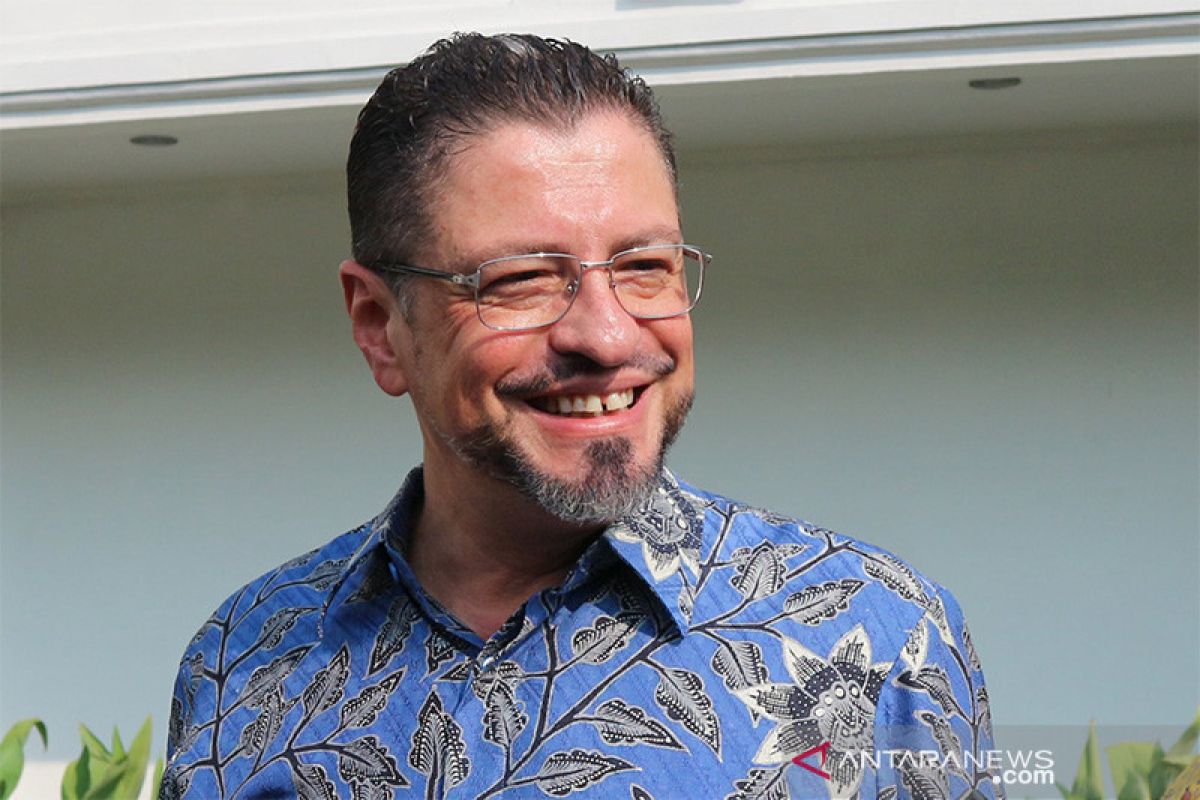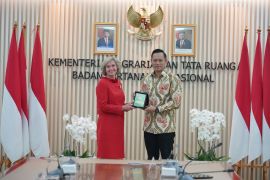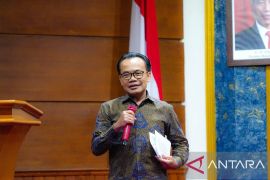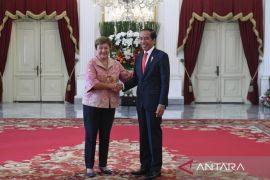"This project will support villages to overcome differences in rural infrastructure and human capital. These two things will contribute to efforts to reduce poverty and (boost) economic growth in the future," World Bank Country Director for Indonesia and Timor-Leste, Rodrigo Chaves, noted in a statement on Thursday.
According to Chaves, Indonesia has been making progress in reducing poverty and inequality.
However, he continued, the difference in poverty rates in villages and cities is still relatively large, namely 13.2 percent in villages and seven percent in cities, based on the 2018 data.
"This is why now is the right time to make large-scale investments in strengthening the capacity of villages to use the budget that has been expanded effectively so that Indonesia can get the maximum benefit from these resources," he said.
For this reason, the World Bank through the Institutional Strengthening Project for Improved Village Service Delivery invests in capacity building and systems through community involvement to improve village development plans and budgets, increase participation in planning and strengthen accountability.
Various investments in these areas will help villages increase budget spending, which can then lead to better development outcomes.
The village has an important role in reducing poverty because it already has an adequate budget for investment and strengthening services, the National Development Planning Agency's (Bappenas) Regional Development Deputy, Rudy Prawiradinata, pointed out.
With such conditions, the project will synergize with the allocation of village fund transfers provided by the government in accordance with the Village Law to achieve the vision of developing Indonesia from the periphery.
"This project will implement a new system to improve the quality of spending at the village level, including capacity building, as well as a technology-based approach," Prawiradinata said.
At present, the Village Law has been beneficial in increasing financial resources for 74,954 villages because villages can invest in development activities that are in accordance with the development priorities of the districts and regions.
Villages can also play a role in investments related to maternal health and activities that support community growth, water and sanitation, as well as early childhood education services.
However, the village government has not utilized the full potential of this legal regulation because of limited institutional capacity and the scale and diversity of regional conditions.
The loan project will also focus on improvements in three areas, namely capacity building for data-based and results-oriented medium-term plans and budgets, as well as information systems and data integration in decision making.
Second, the loan project will help increase community involvement in planning, implementation and supervision, including using technology-based applications so that people participate in monitoring the real-time use of the village budget and their participation.
And third, it will improve system transparency and accountability by publishing financial reports and performance-based awards. Related news: VP urges parties to intensify poverty reduction efforts
Related news: Public works ministry hopes for World Bank loan to finance ITDP
Related news: ADB projects economic growth of 5.3 percent in 2018
Translator: Satyagraha, Yashinta Difa
Editor: Azizah Fitriyanti
Copyright © ANTARA 2019












